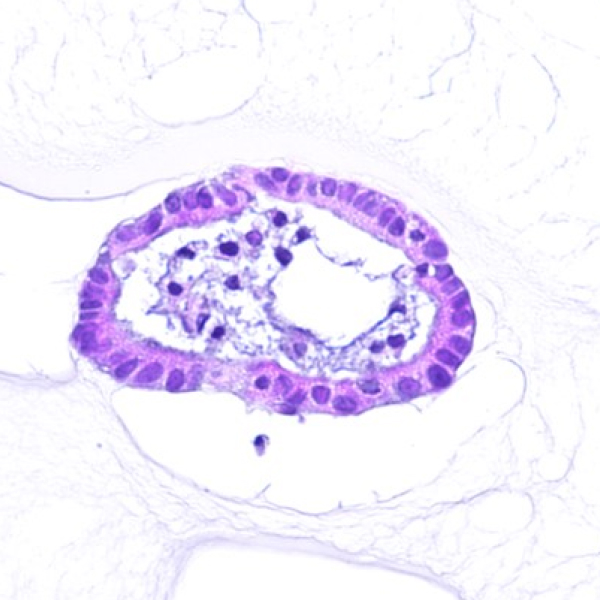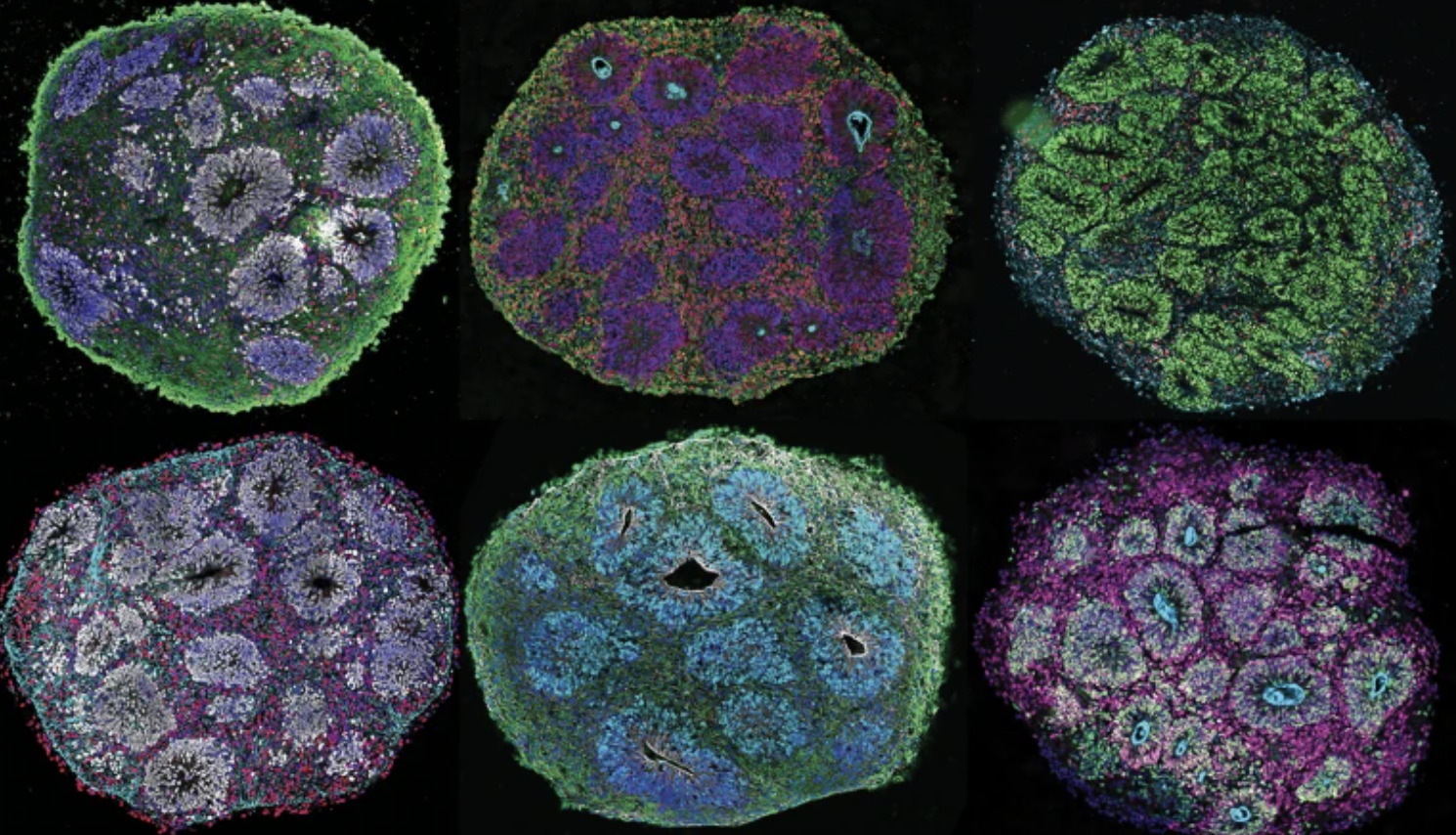Each year on 22 September, the European Day for Humane Science highlights the need to improve how biomedical research predicts human outcomes. Initiated in 2020 by the non-profit alliance Cruelty Free Europe and supported by networks such as Eurogroup for Animals, this awareness day brings together scientists, policy makers, and advocates across Europe to promote human-relevant science.
Despite decades of reliance on animal studies, the gap between animal models and human biology remains a critical challenge. Recent analyses, including the U.S. FDA’s 2025 Roadmap to Reducing Animal Testing, report that more than 90% of drug candidates that appear safe and effective in animals fail during human clinical trials, most often due to lack of efficacy or unexpected toxicity. These figures underscore a scientific limitation rather than a failure of effort: physiological and molecular differences between species can limit the predictive value of animal data.

image: freepik
Recognition of this limitation has informed the internationally accepted framework of the 3Rs – Replacement, Reduction, and Refinement – and has accelerated investment in New Approach Methodologies (NAMs). NAMs include advanced in vitro systems, computational modelling, and microphysiological platforms intended to supplement or replace animal testing while improving predictive accuracy.
Among NAMs, organoid models represent a rapidly advancing tool. Derived from human stem cells or primary tissues, organoids recreate key structural and functional features of native organs. They enable controlled studies of disease mechanisms, pharmacodynamics, and toxicity in a human biological context that is often inaccessible to animal models. Early data indicate improved relevance for certain liver, intestinal, and cancer indications, although rigorous standardization and regulatory validation remain essential.
Organizations such as Lambda Biologics are advancing this transition with human organoid platforms that faithfully replicate the structure, function, and genetic complexity of real human tissues. Engineered from patient-derived or pluripotent stem cells, these models capture key architectural and molecular cues that drive disease biology. By recreating the microenvironments where cells communicate, mutate, and respond to therapy, Lambda Biologics’s organoids provide a more predictive, ethical, and innovative path for drug discovery and disease research.
The European Day for Humane Science highlights a convergence of ethical and scientific imperatives. Continued development of human-relevant models is not merely a refinement of current practice – it is a critical path toward more reliable translation from laboratory research to clinical benefit.
Read more:
Lambda Biologics’ Organoid Solutions: Adult Tissue and PSC-Derived Organoid Models for Drug Discovery
Drug development demands accuracy, speed, and relevance to human biology. At Lambda Biologics, we deliver advanced organoid-based platforms that replicate the complexity of human organs – empowering pharmaceutical and biotechnology companies to make better decisions, faster.
Cerebral Organoid | Midbrain Organoid | Skin & Hair Organoid | Intestine Organoid |





